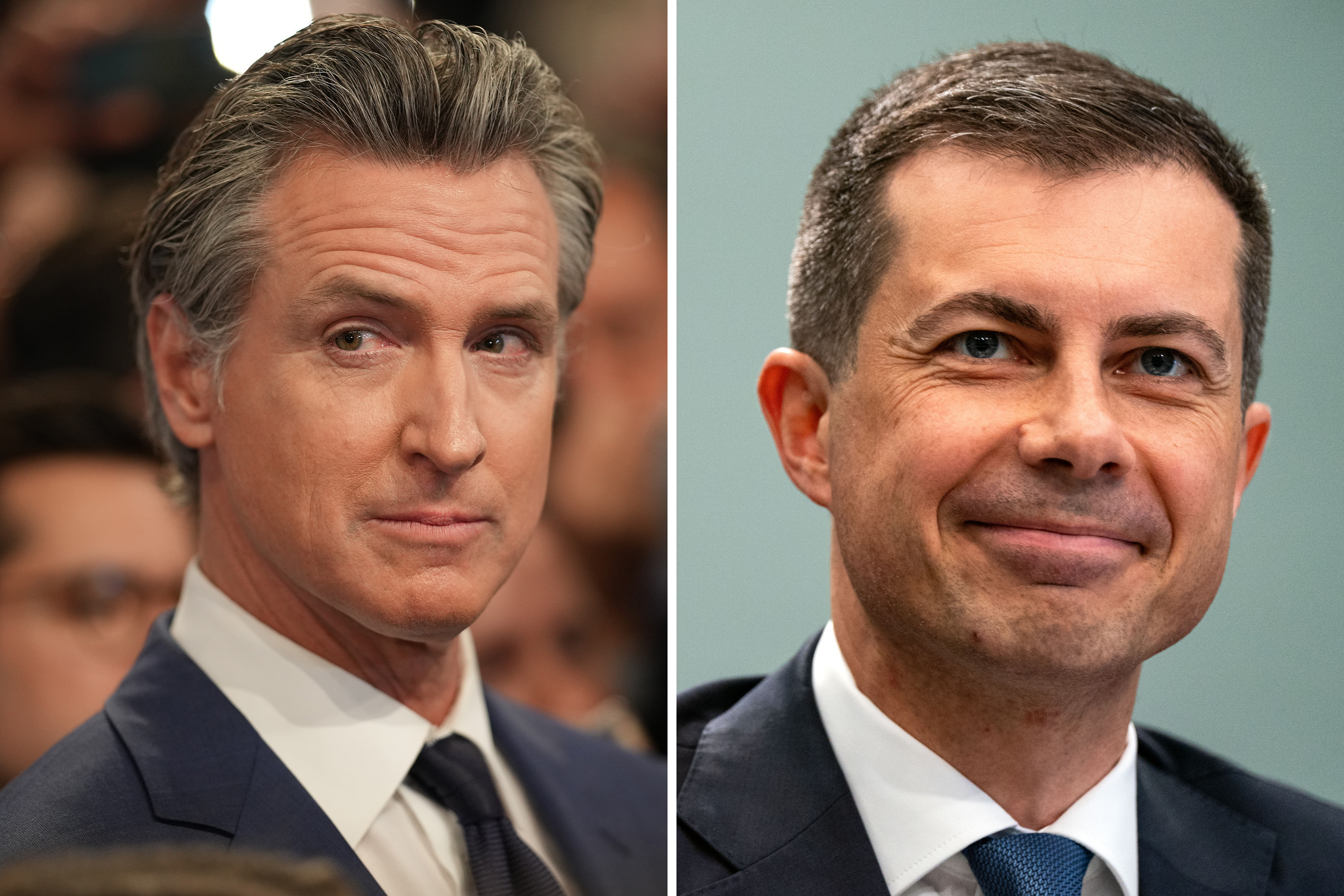A Jan. 6 defendant argued that his plot to murder federal agents who investigated him should’ve been legally forgiven by President Donald Trump’s mass clemency for rioters at the U.S. Capitol that day in 2021. But not even the Trump Justice Department thought so, and now the man in his mid-30s is poised to live the rest of his life in federal prison.
There was no question that Kelley’s conviction in the District of Columbia for assaulting law enforcement and other crimes from that day in 2021 was covered by Trump’s Jan. 6 proclamation, which the president issued his first day back in office after getting his own federal Jan. 6 case dismissed due to his 2024 election victory.
But Kelley argued that the blanket pardon also covered his separate Tennessee charges for plotting to kill agents who investigated his Jan. 6 conduct while he awaited his trial in Washington.
U.S. District Judge Thomas Varlan in Knoxville sentenced Kelley on Wednesday to life behind bars.
You wouldn’t know the Tennessee case has anything to do with Jan. 6 by reading the Trump DOJ’s press release Wednesday. The DOJ release issued upon Kelley’s conviction in November, before Trump took office again, mentioned the connection in recounting the trial:
The evidence presented at trial established that Kelley — while awaiting trial for his involvement in the Jan. 6, 2021, Capitol breach — developed a plan to murder law enforcement, including FBI agents and employees. The proof showed that Kelley developed a “kill list” of FBI agents and others who participated in the investigation into his conduct on Jan. 6 and that Kelley distributed this list — along with videos containing images of certain FBI employees identified on the list — to a co-conspirator as part of his “mission.”
Notably, the Trump DOJ has agreed with some defendants’ attempts to stretch the Jan. 6 pardon beyond the events of that day at the Capitol. But not in this case, and Varlan rejected Kelley’s bid in any event.
The judge, a George W. Bush appointee, observed that the Tennessee case “was separated from the defendant’s conduct in the D.C. Case by years and miles.” Trump’s mass pardon was for “offenses related to events that occurred at or near the United States Capitol on January 6, 2021.”
Kelley has signaled his intention to keep pressing the pardon issue.
In a motion for release pending appeal (which Varlan also rejected), the defendant noted that “if the Court of Appeals rules in Kelley’s favor and decides that his Presidential pardon covers this case, then this conviction will be vacated, and he will be a free man.” He added that it’s unclear how long the appellate process will take, but he intends to bring the issue to the Supreme Court if needed. His motion said “the scope of Kelley’s pardon for the Washington, D.C. charges is novel, not subject to any controlling precedent and can go either way.”
In theory, it could go either way. Nearly anything could. Though the fact that even his own motion called it a pardon “for the Washington, D.C. charges” is somewhat of a tell against applying it in Tennessee.
But whatever happens on appeal, Trump could take the matter into his own hands at any time and issue a new pardon for the man he already forgave for assaulting law enforcement in the Capitol attack sparked by Trump’s attempt to hold power despite losing the 2020 election.
If Trump did so, would it even be the president’s most egregious pardon to date? That the question might be subject to debate says much about Trump’s body of clemency work so far — including, but not limited to, the blanket Jan. 6 pardon itself.
Subscribe to the Deadline: Legal Newsletter for expert analysis on the top legal stories of the week, including updates from the Supreme Court and developments in the Trump administration’s legal cases.
This article was originally published on MSNBC.com












